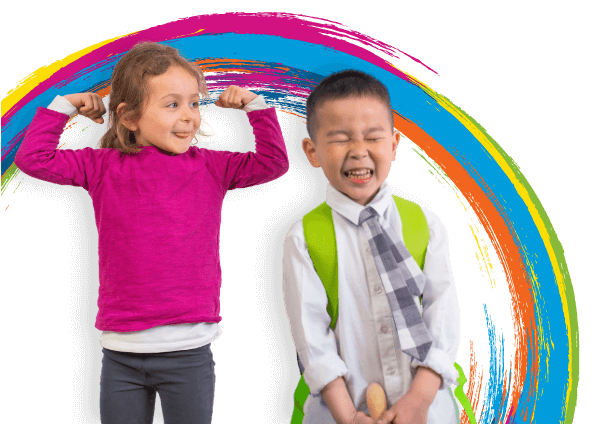We all know how important early brain stimulation and development is, but did you know that children start learning when they are still in the womb? Pre-birth is just as important as the first year of a child’s life. In fact, Korean culture believes the child age begins during the 9 months before birth when a baby is born, he/she is already age one. This cultural understanding parallels recent scientific research that while still in the womb, babies experience complete sensory development, are developing feelings and even begin learning language from their mothers that they recognize, differentiate from and respond to after they are born. Much of what a pregnant woman encounters in her daily life — the air she breathes, the food and drink she consumes, the chemicals she’s exposed to, even the emotions she feels — are shared with her growing baby. So, what are the most essential things a mother can do to help her child before birth? What can a pregnant mother do to prepare?
Remain calm.
Learning the Transcendental Meditation technique can contribute significantly to the mother’s well-being which impacts her developing baby. More than 700 published articles from renowned universities show that this mental technique has strong physiological and psychological consequences for the pregnant mother. The mother-to-be experiences lower blood pressure and better blood flow which contributes to the baby’s health and well-being as well as to her tranquillity and well-being. Every mother should do this, she will enjoy it and so will her baby.
Eat healthy.
Correct prenatal nutrition can affect not only the mother’s health, but can benefit the baby into adulthood. In my own experience, a vegan diet, when followed with care, supplies all the nutrients required for optimal health and development. In fact mothers who take care of their own nutrition, fitness and wellbeing during pregnancy are already giving their unborn children a head start in life. I believe in a vegan diet and there are many nutritionists that support a vegan diet during pregnancy and beyond. Of course extra vitamins, minerals and supplements should be considered, if needed.
Learn about breast-feeding.
While breast-feeding may come naturally and easily for some mothers, for others it may be more of a challenge, but completely worthwhile. Breastfeeding mothers who eat a high nutrient diet pass on those nutrients to their children, which will improve their children’s cognitive development and overall health.
Children who are breastfed for at least six months have higher IQ scores than children who are raised on formula. A greater proportion of an infant’s diet made up of breast milk also correlates to greater brain volume in adolescence. This is due in part to the DHA content of breast milk, since DHA is a major component of brain cell membranes. Breast milk is not only an important source of DHA, but it provides many other essential nutrients for the developing brain, as well as promoting the health of the immune and respiratory systems and supporting overall childhood health.
Music Matters.
Ground-breaking studies show that babies are born recognizing their mother’s voice and that the baby actually began learning language while in the womb. Even while pregnant, you should talk to your baby and sing to your baby. Not only will you begin to bond with your baby, you will be preparing him or her to learn. The newborn baby’s brain is hard-wired to accomplish basic vital functions, but more of the brain must be stimulated in order to make further connections between the brain cells. These connections encourage brain plasticity: the brains ability to change and learn.
Invest in Yourself and Your Child.
Read and learn. Knowledge is power. Knowledge is happiness and knowledge is health. Women need to have knowledge so they are in control of their own bodies. It is important to keep in mind that pregnancy is not a nine-month wait for the big event of birth, but a crucial period unto itself.



